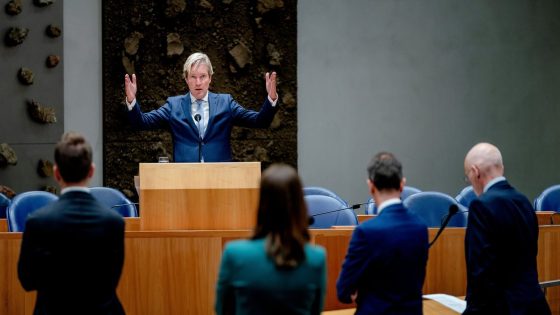On September 22, 2025, Joop published an article titled “Els, je schreeuwt niet namens Nederland. Je schreeuwt namens jezelf,” critiquing the divisive rhetoric of a young political figure, Els. The article highlights how her extreme language and personal grievances fuel radicalization and undermine political discourse.
- Political rhetoric reduces debate to hostility.
- Martyr complex fuels radicalization and division.
- Language used creates a climate of fear.
- Personal background influences political views.
- Responsibility is essential for true leadership.
- Understanding requires moving beyond personal battles.
Els, at 26, positions herself as a voice for the people, using phrases like “GENOEG = GENOEG!” and derogatory terms for political opponents. This approach reduces political debate to personal attacks and fosters an environment of hostility. Her language creates an atmosphere of crisis, which aligns with tactics seen in extreme populism, where fear and division prevail over constructive dialogue.
Her background in a strict Christian environment may contribute to her susceptibility to authoritarian figures and radical ideas. Despite understanding her psychological vulnerabilities, the consequences of her actions remain significant. A demonstration she organized on September 20, 2025, ended in violence, yet she deflected blame onto others while failing to condemn the chaos.
- Monitor political events and public demonstrations for potential unrest.
- Engage in discussions promoting constructive dialogue over divisive rhetoric.
- Encourage accountability among political figures to prevent the normalization of hostile language.
- Support initiatives that foster understanding and cooperation across political divides.
As the political landscape evolves, it is crucial to address the implications of such rhetoric. Fostering a culture of responsibility and understanding can help mitigate the risks associated with radicalization.
Moving forward, it is essential for political leaders to prioritize dialogue and accountability to avoid repeating the mistakes that lead to division and violence.

























